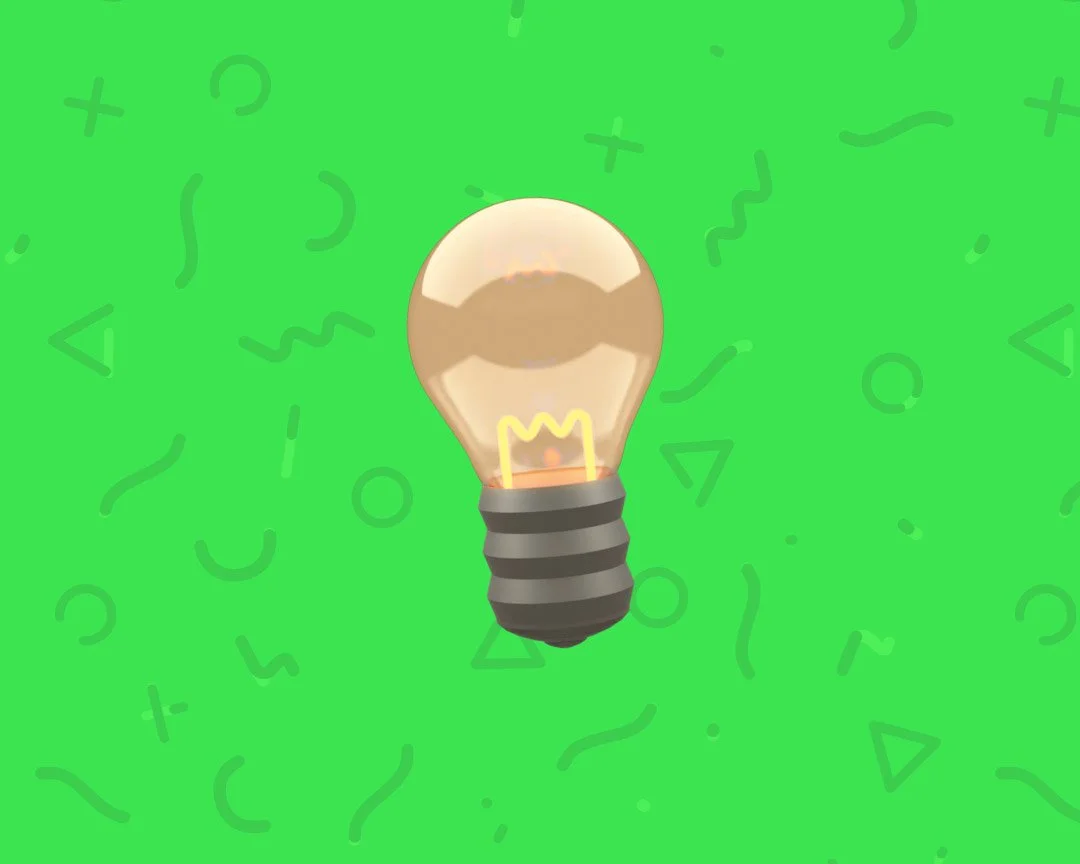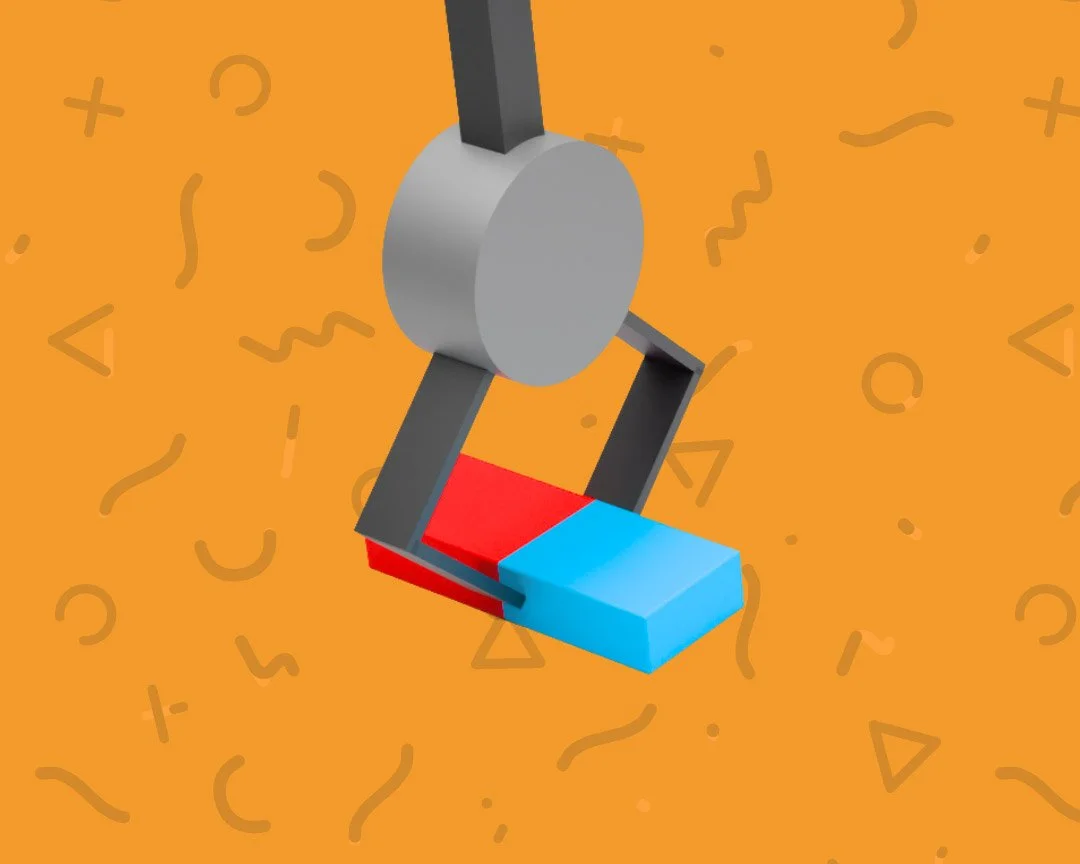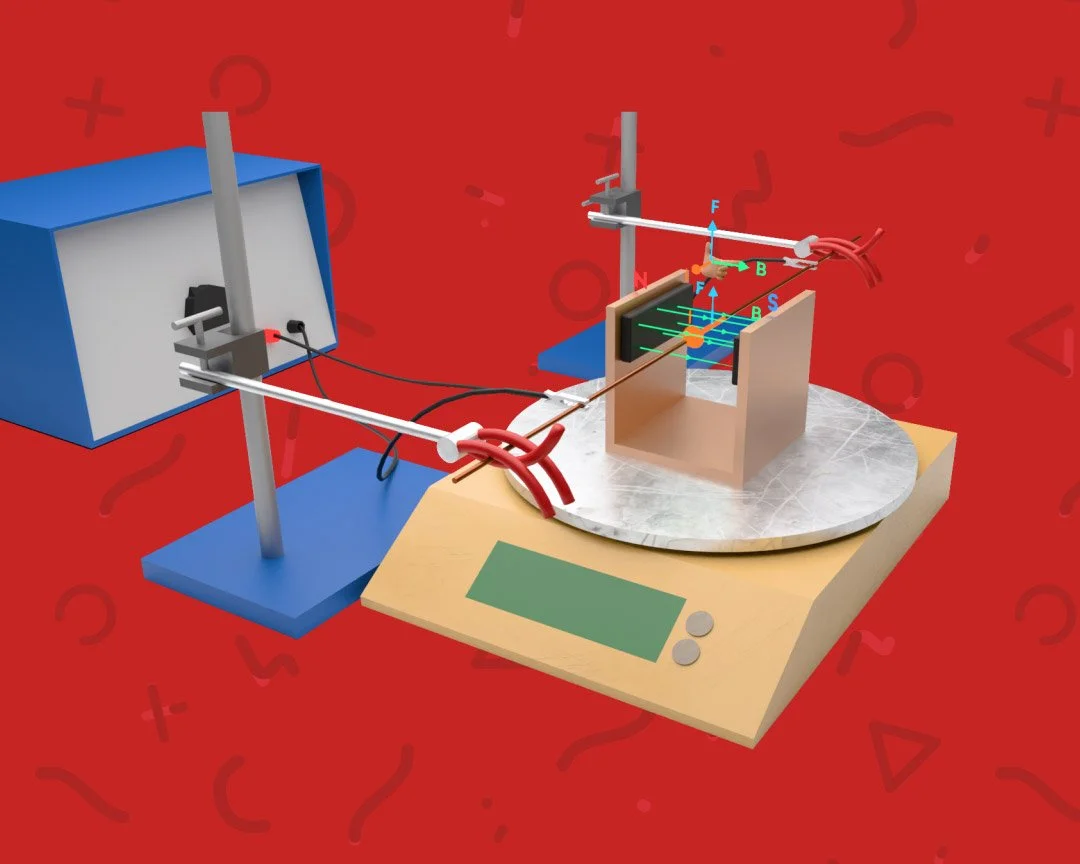How Repetition and Active Recall Can Help You Revise GCSE Physics
GCSE Physics can be a challenging subject for many students. It requires a solid understanding of abstract concepts and complex theories. To succeed in GCSE Physics, students need to have effective revision strategies that help them retain information and apply it to different situations. Two such strategies are repetition and active recall. In this post, we will discuss how repetition and active recall can help you revise GCSE Physics effectively.
What is repetition?
Repetition is the act of reviewing information multiple times to reinforce learning and improve retention. It is a simple yet effective way to make information stick in your memory. Repetition can take many forms, such as:
Re-reading notes
Summarising key concepts
Creating flashcards
Writing out definitions
Practising equations
Solving problems
How can repetition help you revise GCSE Physics?
Repetition can help you revise GCSE Physics in several ways:
1. Improve retention
Repetition helps to improve retention. By reviewing information multiple times, you are strengthening the neural connections in your brain that are responsible for storing and retrieving that information. This makes it easier to remember the material when you need it.
2. Identify knowledge gaps
Repetition can help you identify knowledge gaps. When you review information repeatedly, you are more likely to notice areas where you are struggling. This can help you focus your revision efforts on the areas where you need the most help.
3. Build confidence
Repetition can build confidence. By reviewing information multiple times, you are becoming more familiar with it. This can help you feel more confident in your ability to recall the information when you need it.
4. Improve problem-solving skills
Repetition can improve problem-solving skills. By practising equations and solving problems repeatedly, you are becoming more familiar with the process. This can help you apply the same problem-solving techniques to different situations.
What is active recall?
Active recall is the act of practising recalling information from memory, rather than simply rereading or reviewing it. It is a more effective way to revise because it forces you to retrieve information from your memory, rather than relying on external cues. Active recall can take many forms, such as:
Answering questions
Writing out definitions from memory
Recalling key concepts
How can active recall help you revise GCSE Physics?
Active recall can help you revise GCSE Physics in several ways:
1. Improve retention
Active recall helps to improve retention. By practising recalling information from memory, you are strengthening the neural connections in your brain that are responsible for storing and retrieving that information. This makes it easier to remember the material when you need it.
2. Identify knowledge gaps
Active recall can help you identify knowledge gaps. When you try to recall information from memory, you are more likely to notice areas where you are struggling. This can help you focus your revision efforts on the areas where you need the most help.
3. Build confidence
Active recall can build confidence. By practising recalling information from memory, you are becoming more familiar with it. This can help you feel more confident in your ability to recall the information when you need it.
4. Improve problem-solving skills
Active recall can improve problem-solving skills. By recalling key concepts and applying them to different situations, you are becoming more familiar with the process. This can help you apply the same problem-solving techniques to different situations.
How to use repetition and active recall to revise GCSE Physics
To use repetition and active recall to revise GCSE Physics effectively, you can follow these steps:
Create a revision schedule that includes time for both repetition and active recall.
Review your notes regularly using repetition techniques, such as summarising key concepts and creating flashcards.
Practise recalling information from memory using active recall techniques, such as answering questions and writing out definitions from memory.
Test yourself regularly to monitor your progress and identify areas where you need to focus your revision efforts.
Seek feedback from your teacher or classmates to ensure that you have understood the material correctly.
By incorporating repetition and active recall into your revision strategy, you can improve your retention of information, identify knowledge gaps, build confidence, and improve your problem-solving skills. Good luck with your GCSE Physics revision!
If you are looking for the best way to learn and revise for your Physics GCSE, GoPhysics is an online lesson resource that provides you with engaging video lessons, animations and structured learning sheets to enhance your academic performance with spaced repetition, check GoPhysics.co.uk to get you best prepared for your exams.
-




